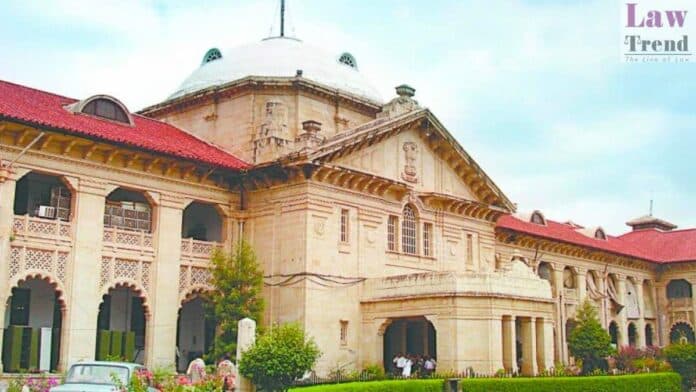The High Court of Judicature at Allahabad on October 7, 2025, dismissed a Public Interest Litigation (PIL) that sought directions for private hospitals in Greater NOIDA and Uttar Pradesh to provide free services. The Division Bench, comprising Chief Justice Arun Bhansali and Justice Kshitij Shailendra, ruled that a PIL cannot be used for a “fishing
To Read More Please Subscribe to VIP Membership for Unlimited Access to All the Articles, Download Available Copies of Judgments/Order, Acess to Central/State Bare Acts, Advertisement Free Content, Access to More than 4000 Legal Drafts( Readymade Editable Formats of Suits, Petitions, Writs, Legal Notices, Divorce Petitions, 138 Notices, Bail Applications etc.) in Hindi and English.




